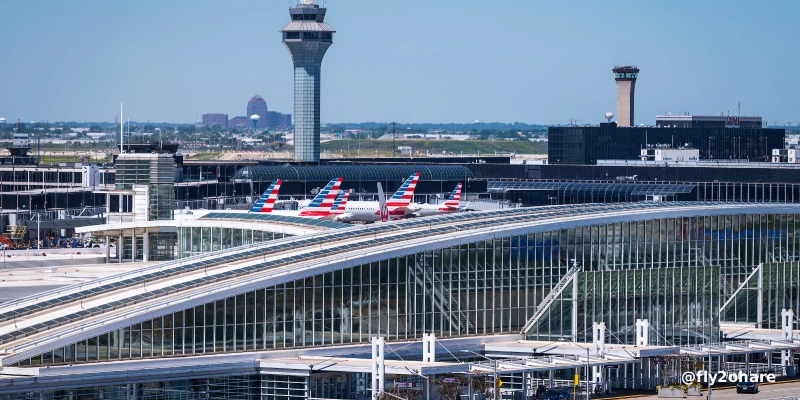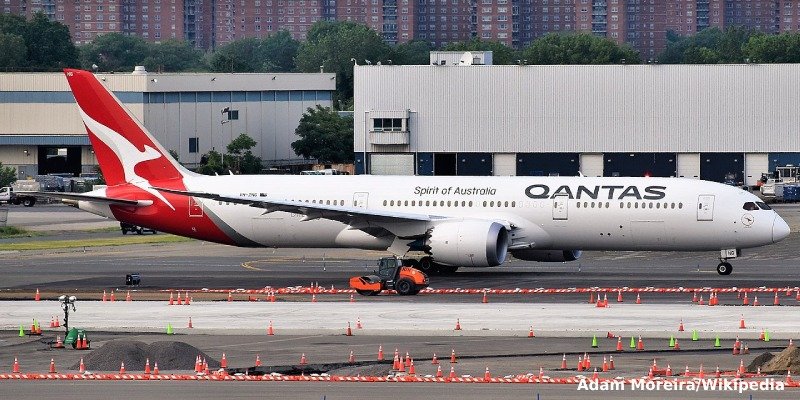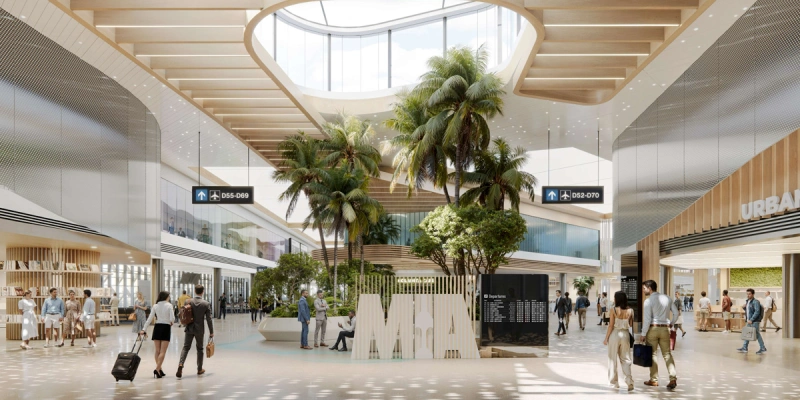Portuguese airline TAP began 2025 in the red. In the first quarter, it reported a net loss of €108 million (equivalent to $122.52 million), marking a 20% increase compared to the same period the previous year. This financial setback is attributed to two key factors: a pilots’ strike at its low-cost subsidiary Portugalia and increasingly aggressive competition in key markets.
Combined Effect: Strike and Unfavorable Calendar
Luis Rodrigues, CEO of TAP, described the start of the year as “challenging.” He estimated that the combined impact of the 20-day strike at Portugalia and the delayed Easter holiday (which this year did not fall in the first quarter) reduced operating results by between €30 and €40 million.
This disruption directly affected the company’s operations and revenue-generating capacity during a time of year that is already challenging due to low seasonal demand.
Growing Competition in Strategic Markets
The competitive environment offered no respite. TAP experienced a 4.9% decline in revenue per available seat-kilometer (RASK), driven primarily by intense pressure in the Brazilian market. This drop reflects both price wars and the heightened presence of other international airlines on routes where TAP has historically been strong.
→ TAP Inaugurates New Direct Route Between Lisbon and Los Angeles
Declining Revenue: A Global Blow
In total, TAP’s revenue for the quarter amounted to €823 million, a 4.5% year-on-year decrease. This decline reinforces a challenging scenario for the airline as it strives to improve margins and attract investors amid an uncertain privatization process.
Privatization on Hold Due to Political Crisis
TAP’s long-awaited privatization plan has once again been put on hold. The recent collapse of the center-right coalition government—led by the Democratic Alliance—has left the administration in caretaker mode. However, after winning the national elections last Sunday, the new administration has reiterated its intention to resume the sale of TAP.
Among the interested parties are European giants such as Lufthansa, Air France-KLM, and the IAG group, owner of British Airways and Iberia.
Despite the adverse outlook, Rodrigues reaffirmed his commitment to transforming TAP into a “sustainable, profitable, and attractive” company. The challenge will be to stay the course while navigating the turbulence of the airline market, fierce competition, and the political shifts that continue to shape the future of the Portuguese carrier.
Related Topics
FAA Proposes Flight Reductions at Chicago O’Hare to Avert Summer Operational Collapse
Qantas announces new route: Sydney and Las Vegas to be Connected for First Time via Direct Flights
FAA Issues Airworthiness Directive for Boeing 737 MAX Due to Risk of Excessive Cabin Temperatures
American Airlines Invests US$1 Billion to Transform Concourse D at Miami International Airport

Plataforma Informativa de Aviación Comercial con 13 años de trayectoria.




